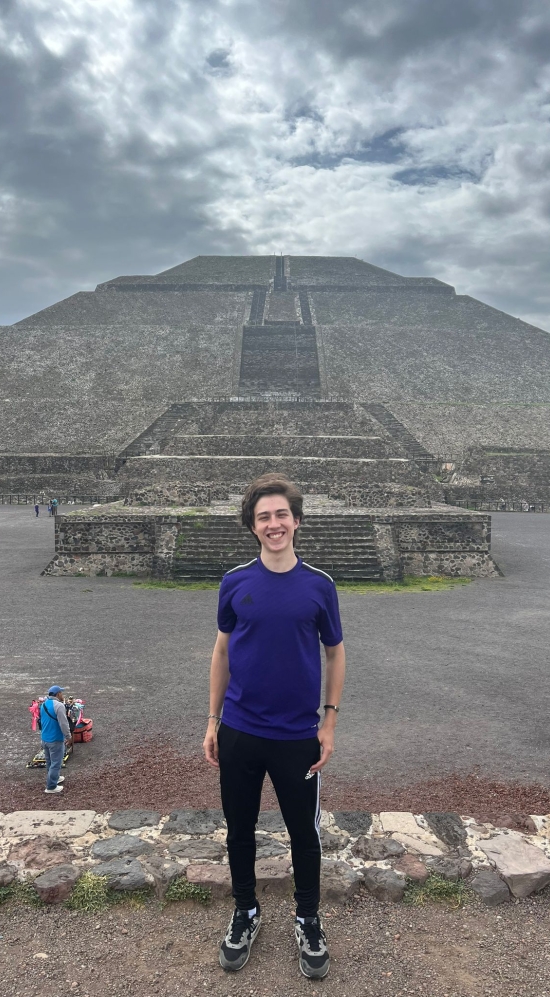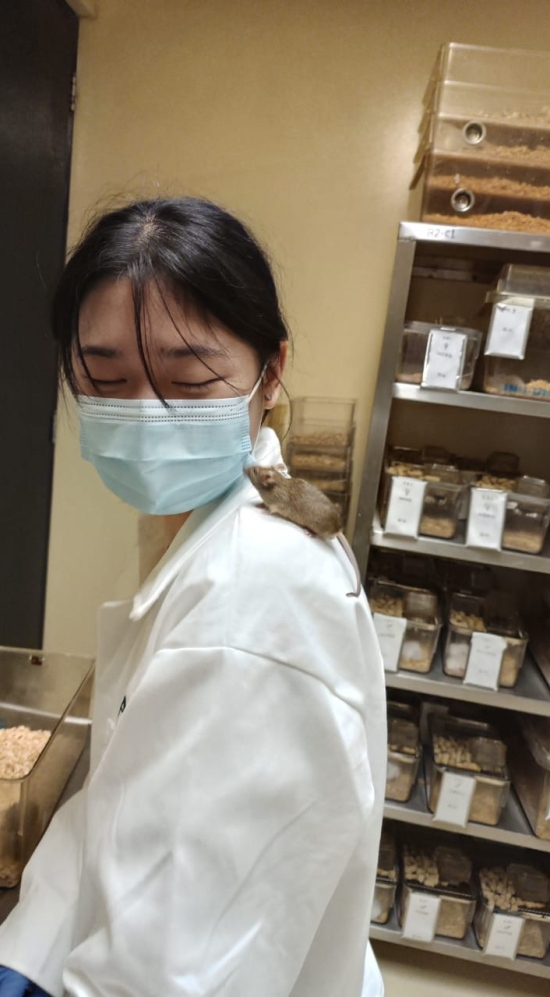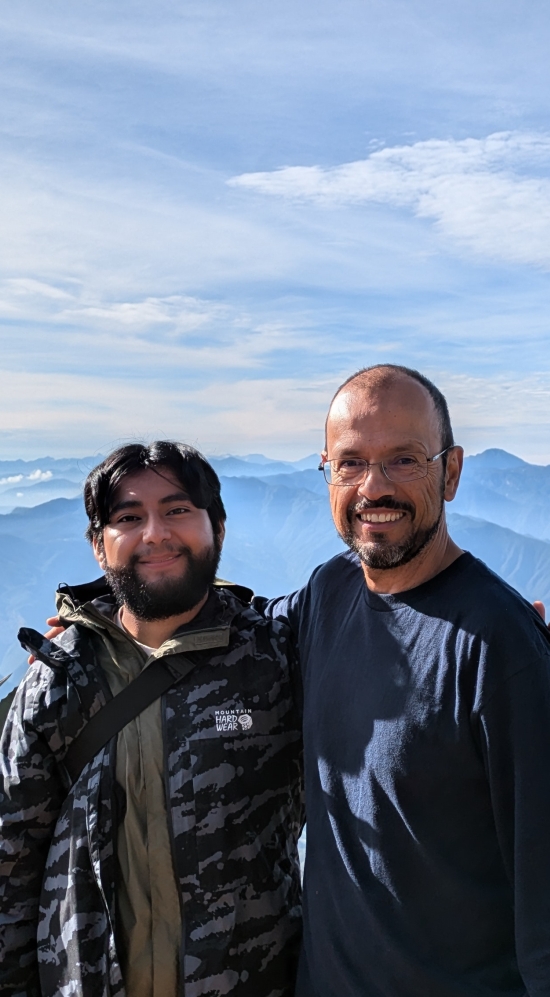Expand your global career in Mexico! Experiencing living and working in Mexico can help further advance your professional and personal development. Get exposure to a vibrant, welcoming and diverse culture while getting hands on experience in your field.
MISTI Mexico student opportunities include internships in various fields at companies, universities, non-profits and research institutes throughout the year and hands-on STEM teaching at Mexican high schools during IAP.
Program Opportunities
Internships
MISTI Mexico matches MIT students with internships at leading companies, research labs, and universities in Mexico. These opportunities are usually 8-12 weeks for the summer depending on the host and are available year-round for up to 12 months. Per MISTI’s mission, they are set up to be cost-neutral in order to allow as many participants as possible to gain this unique professional and personal development.
- Open to MIT undergrads, graduating seniors and graduate students in all disciplines
- 4.0 or better GPA
- Undergraduates:
- Spanish IV or equivalent proficiency
- Cultural course
- Graduate students:
- No language requirement; basic Spanish is strongly recommended
- Cultural course highly recommended
Visit MIT Global Languages website for course availability and offerings
- Complete the MISTI Launchpad Application – Application opens September 1st
- Application deadlines
- December 1st, rolling thereafter
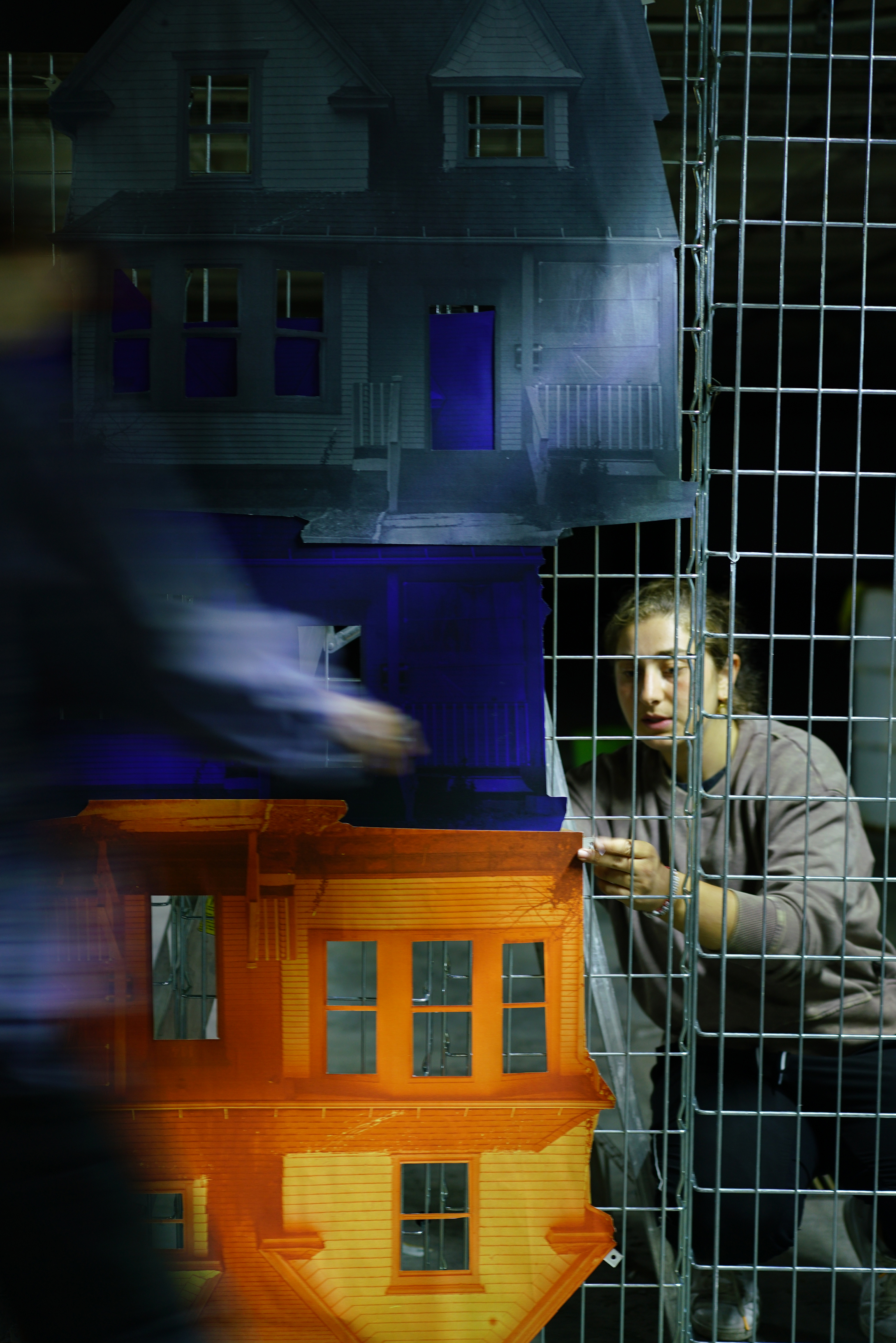
Global Teaching Labs
Learn through teaching. GTL challenges MIT students to synthesize and present what they know, work in a team, and communicate with peers of a different cultural background, all while sharing MIT's unique approach to science and engineering education with high school students around the world.
MISTI Global Teaching Labs offers a unique opportunity for MIT students to teach STEM subjects in Mexican high schools and universities over IAP. Students will teach subjects such as physics, chemistry, math, biology, computer science, and robotics. In most cases, each student is paired up with a local teacher. Some schools will require MIT students to create classes/workshops.
This year, we also have the following unique opportunities:
- Two spots for students to create and deliver two workshops for undergraduate students at the Universidad Panamericana's business school in Mexico City, on the topics of Big Data and Decision Making & Entrepreneurship + Startups
- Six spots for female-identified students to teach STEM and coding to middle and high school girls at Universidad Panamericana's campuses in Mexico City and Aguascalientes
- Two spots for female-identified students to train girls for IMO at Universidad Nacional Autónoma de México (UNAM) in Mexico City
- One spot for a student with a makerspace background to help integrate a makerspace into a high school community in Mexico City
Students will stay with host families, in shared apartments, or school residences depending on the school.
We usually place at least two MIT students per high school or university.
This year, locations will likely include Mexico City, Aguascalientes, and Querétaro.
IAP 2026 Dates:
- Application opens: August 27th
- Info Session: Sept 15th, 2025 at 12:30 PM on Zoom (Register here)
- Application deadline: September 17th at 11:59 PM
- Teaching dates: January 12-30, 2026
- 4.0 GPA or better
- Knowledge of Spanish is preferred but not necessary. Some schools do recommend Spanish.
- Open to MIT undergrads from sophomores to graduating seniors, and graduate students in all disciplines
- We are seeking highly motivated students who are looking forward to teaching
- Applications open in September
- Please refer to the MISTI GTL How to Apply page for more application details
- Selected students will be interviewed by the first or second week of October
- Once selected to participate, students must attend Global Teaching Labs training sessions (dates TBD) and a checkout meeting with the Program Manager
- Schools will be assigned in early December
Relevant Courses
Fall 2025
21G.700/770 Introductory Spanish for Heritage Learners
21G.703/753 Spanish III
21G.704/754 Spanish IV
21G.707 Graphic Stories: Spanish and Latin American Comics
21G.708 Spanish: Communication Intensive I
21G.709 Spanish: Communication Intensive II
21G.710 Advanced Communication in Spanish: Topics in Language and Culture: Social Justice in The Spanish Speaking World
21G.715 Topics in Medicine and Public Health in the Hispanic World
21G.739 Globalization and Its Discontents: Spanish-speaking Nations
21H.276 Medicine, Health, and Healing in the Global South (NEW)
21H.385 / 11.152 The Ghetto: From Venice to Harlem
21H.989 Histories of Extraction and Mining
Spring 2026
21G.706/756 Spanish for Medicine and Health
21G.708 Spanish: Communication Intensive I
21G.709 Spanish: Communication Intensive II
21G.711 Advanced Spanish Conversation and Composition: Perspectives on Technology and Culture
21G.713 Spanish through Film: Mexico, Chile, Argentina, and Spain
21G.714 Spanish for Heritage Learners
21G.717 Power and Culture: Utopias and Dystopias in Spain and Latin America
21G.731 Creation of a Continent: Media Representations of Hispanic America, 1492 to present
21G.735 Advanced Topics in Hispanic Literature and Film
21G.070 / 21L.436 / CMS.355 Latin America and the Global Sixties: Counterculture and Revolution
21A.131 Latinx in the Age of Empire
21A.511 Hacking from the South
11.140 Urbanization and Development
21L.019 Introduction to European and Latin American Fiction
21H.173 Socialism in Latin America, from Che Guevara to Hugo Chavez
21H.273 From Coca to Cocaine: Drug Economies in Latin America
Please consult the course catalog for more details.
Analyzing Breakthroughs in Liver Regeneration
Meet Your Program Manager
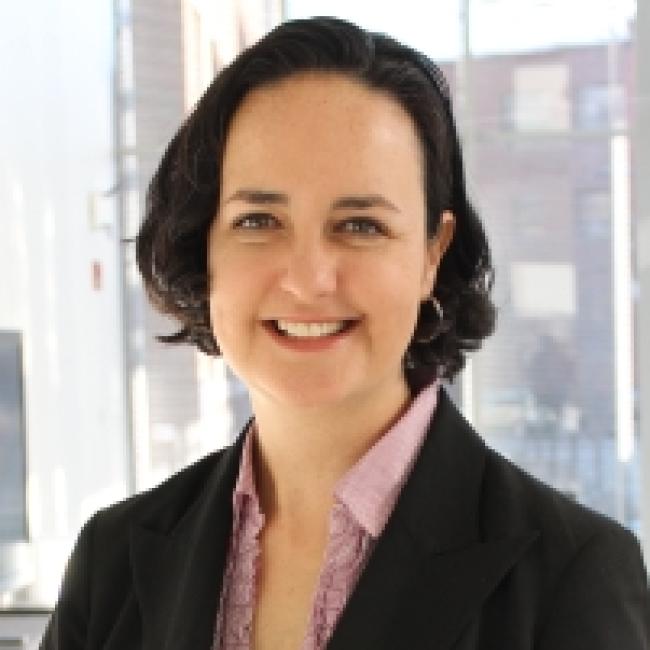
Get in touch with Griselda Gomez, Managing Director for MIT-Mexico, to get your questions answered.
Meet Your Program Assistant
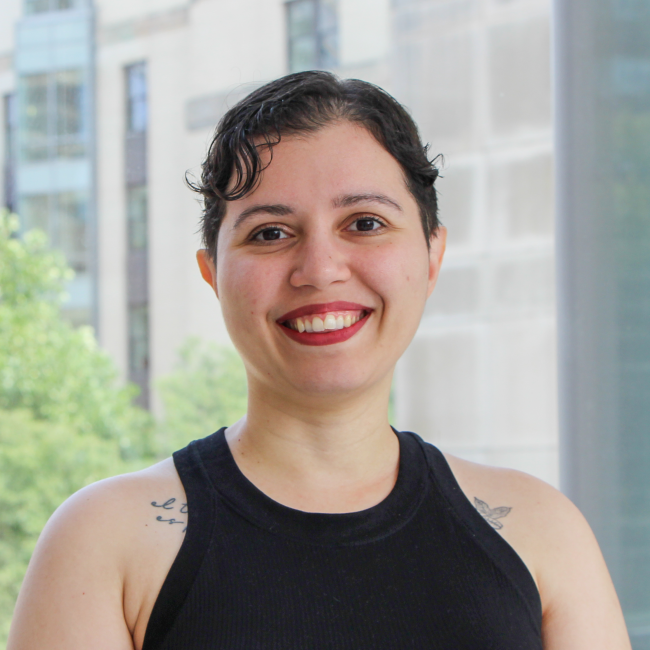
Get in touch with Gabriela Díaz Quiñones to get your questions answered.


